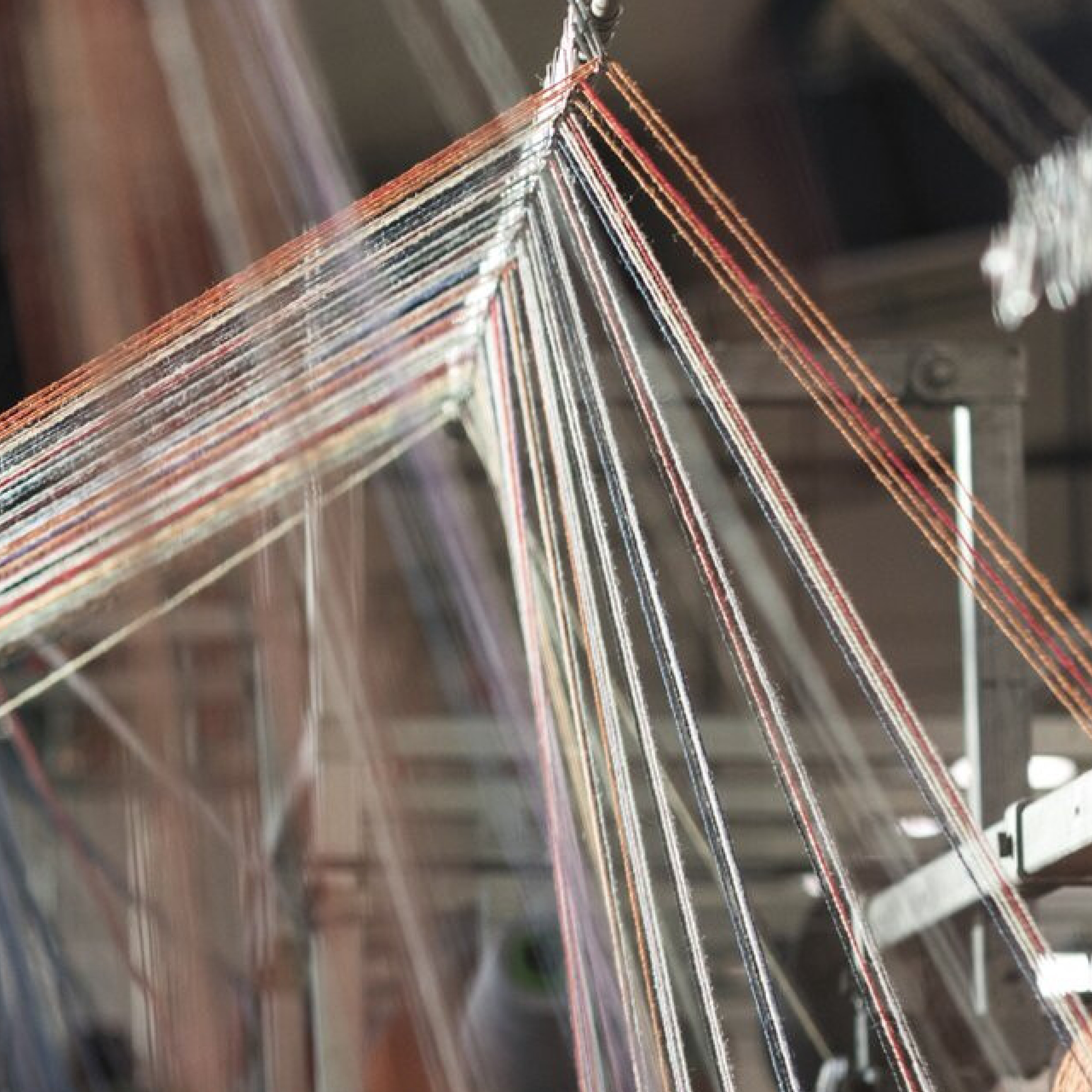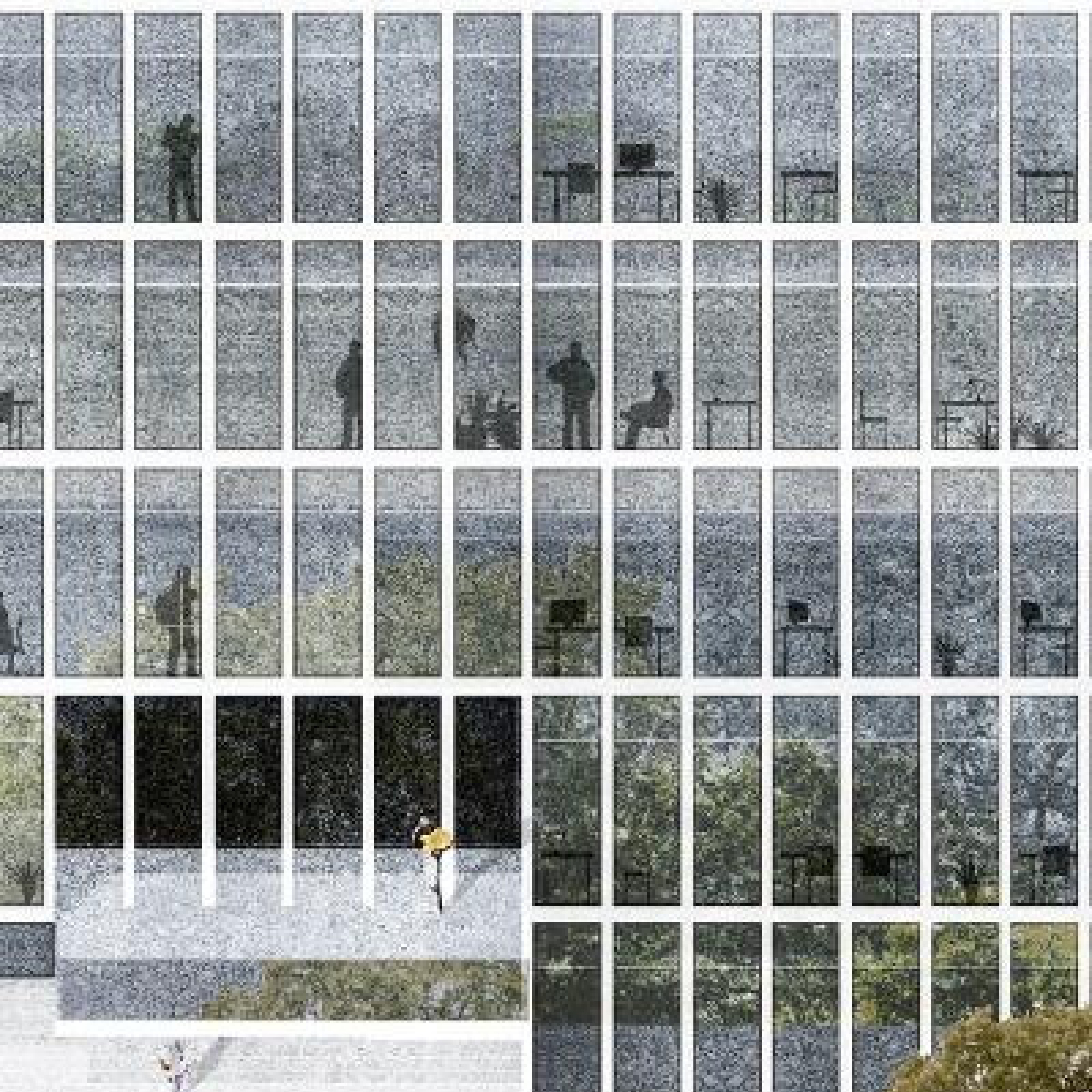Supporting engagement between universities and their local communities.
Design Accelerators are small scale reactive projects that are designed to support engagement between design R&I projects and diverse private, public and third sector organisations, local communities, and the general public.
Design Accelerators aim to:
demonstrate how the design R&I at universities throughout the country is vital for their local communities’ successful transition to net zero and a green economy
speed up the implementation of outputs by developing them with key local stakeholders
increase the diversity of voices and actors consulted in and contributing to addressing the climate crisis
Design Accelerators are to be offered as competitive awards to research organisations who hold the UKRI Arts and Humanities Research Council (AHRC) Impact Acceleration Accounts. The projects last for up to seven months, between February and September 2023, and are funded up to £50,000 by AHRC.


